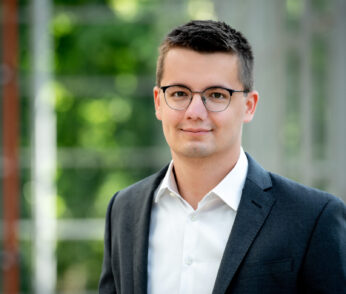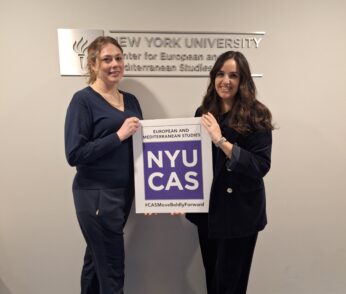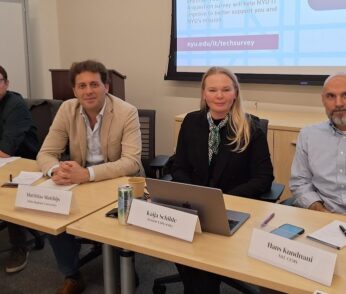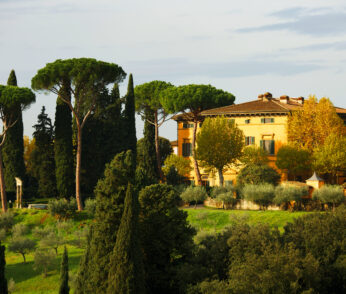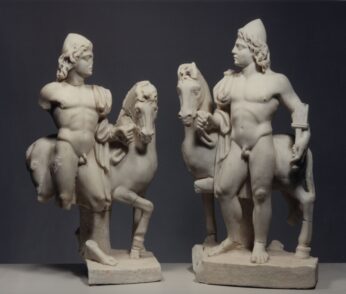CEMS Alumni Profiles: Daniel Ortiz Few graduate programs give master’s candidates the chance to expand their academic training alongside an opportunity to develop and hone their professional workplace skills, but NYU’s Center for European and Mediterranean Studies (CEMS) offers the rare opportunity to do both in one of the world’s greatest cities. It is my firm belief that the best scholars, researchers, and academics possess skills that go beyond disciplinary training. Extensive knowledge in methodology
EuropeNow
Interdisciplinary Perspectives on Energy and Climate: My CEMS Experience As a PhD candidate in the Department of History at NYU and an advisee of Dr. Stephen Gross, the Director of the Center for European and Mediterranean Studies (CEMS), I am a participant in the CEMS network. I have had the privilege of participating in multiple events focused on global energy transitions from both a historical and contemporary perspective. From workshops in New York City to
Europe comes to New York through the Center for European and Mediterranean Studies (CEMS) CEMS offers interdisciplinary degrees for undergraduate and graduate students, which allows students, faculty, and visiting scholars to explore the varied issues, histories, societies, and cultures of the continent. The study of Europe is as complex and exciting as the continent itself. By providing a forum for faculty fellows, visiting scholars, and research affiliates to delve into the past and present of
CEMS Programming The Center for European and Mediterranean Studies (CEMS) annually hosts three lecture series led by members of the faculty. These series are a cornerstone of the Center’s faculty programming, central to fostering academic dialogue and intellectual exchange. For the fifth consecutive year, Professor Alexander C.T. Geppert’s “NYU Space Talks: History, Politics, Astroculture” highlights research on outer space in the humanities and social sciences. Meanwhile, the CEMS European Seminar Series, led by Professor Stephen
Discovering the Mediterranean at NYU’s Center for European and Mediterranean Studies The Mediterranean has long been a meeting point of civilizations, a space where cultures intersect, and ideas traverse borders. At NYU’s Center for European and Mediterranean Studies (CEMS), this dynamic history and contemporary reality are examined through interdisciplinary research, faculty expertise, and diverse learning opportunities. Through classroom discussions, collaborations with global scholars, and study-abroad programs, students explore the Mediterranean as both a historical region
What is Europe? What has Europe historically meant as a concept, as an identity, and as a challenge to the nation-state? What have the boundaries of Europe been, and how has this changed over time? How and why have European leaders and citizens fashioned an integrated, democratic continent, and how have the obstacles to integration evolved over time? How have Europe’s recent crises—from refugees to the problems of the Euro—led people to reevaluate European integration,
EuropeNow is proud to publish this interview with Grzegorz Kwiatkowski, Polish scholar, musician, poet, and activist.
Interview by Katarzyna Świerad-Redwood
By Christos Tsirogiannis
Hundreds of rare and unique ancient objects have been repatriated over the past two decades (e.g., Watson and Todeschini 2006, 298) to the countries from where they had been looted post-1970, in violation of the UNESCO 1970 Convention.
By David P. Baker and Justin J. W. Powell
Europe has twice played a pivotal role—at critical junctures—in the development of what can fittingly be described as global mega-science, without which the world’s STEMM knowledge would be significantly less advanced than it is now.


